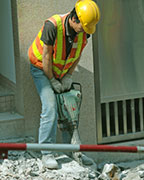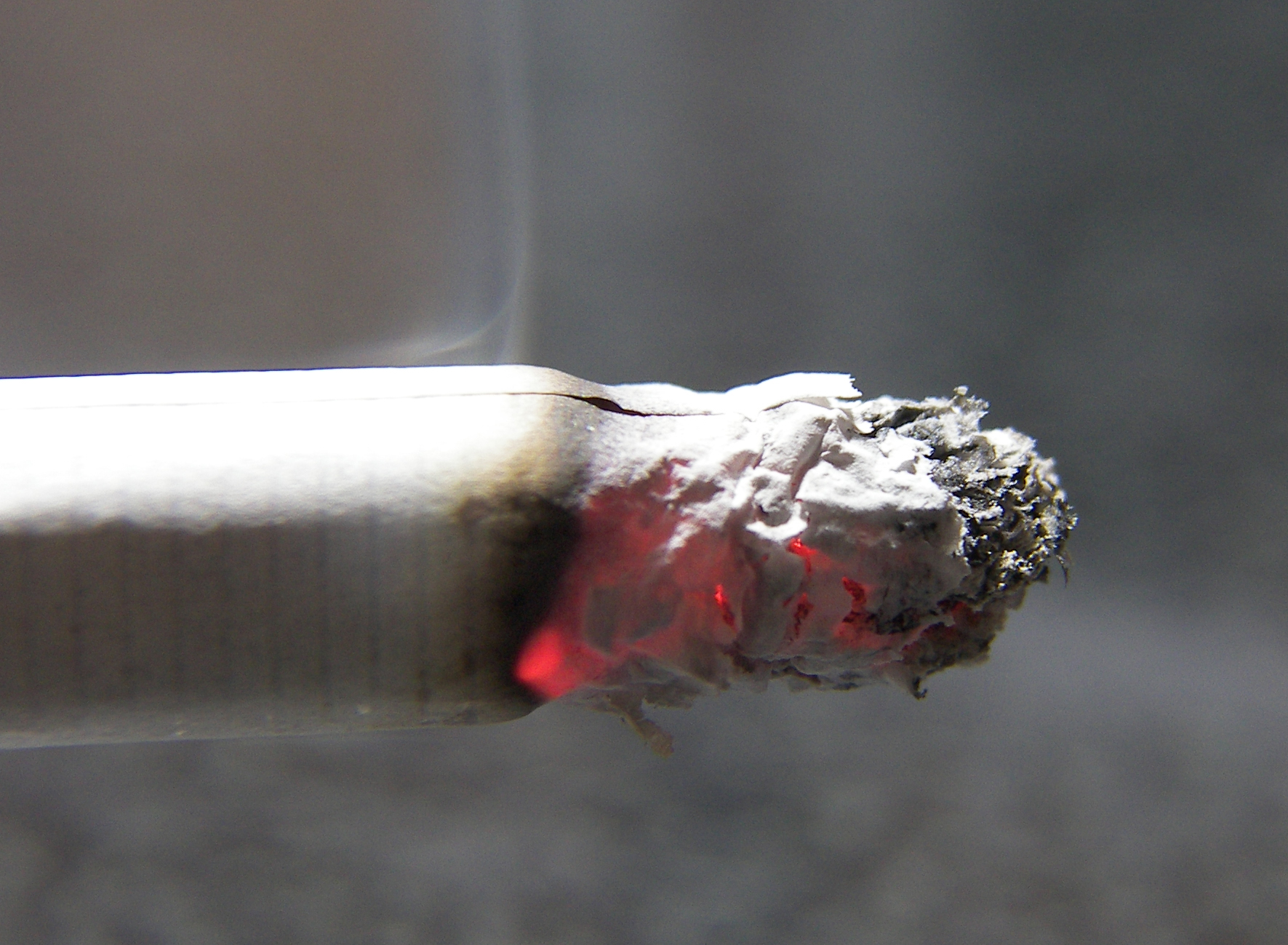
TUESDAY, Dec. 10, 2013 (HealthDay News) — More action is needed to reduce illness and death among the millions of Americans exposed to silica dust at work, according to a new report.
It has long been known that silica — a natural substance found in most rocks, sand and clay — causes the lung disease silicosis, and evidence has mounted in recent decades that silica causes lung cancer, said report co-author Kyle Steenland, of the School of Public Health at Emory University.
“Current regulations have substantially reduced silicosis death rates in the United States, but new cases of silicosis continue to be diagnosed,” Steenland said.
Recommended measures include stronger regulations, increased awareness and prevention, and greater attention to early detection of silicosis and lung cancer using low-dose CT scanning, the researchers said in the current issue of CA: A Cancer Journal for Clinicians.
“While the lung cancer risk associated with silica exposure is not as large as some other lung carcinogens, like smoking or asbestos exposure, there is strong and consistent evidence that silica exposure increases lung cancer risk,” Steenland said in a journal news release.
The risk of on-the-job exposure to silica is highest in the construction industry. Exposure occurs when workers cut, grind, crush or drill silica-containing materials such as concrete, masonry, tile and rock.
About 320,000 U.S. workers are exposed to silica dust in operations such as foundry work, sandblasting and brick, concrete and pottery manufacturing. Silica exposure also occurs from hydraulic fracturing (fracking) in oil and gas wells.
The most effective ways to control silica exposure on the job include banning sandblasting, avoiding abrasive blasting, modifying processes and equipment, controlling dust transmission, and using personal protective equipment, the report said.
Although people are exposed to low levels of silica on beaches and in the air, there is no evidence that such low-level exposure affects health, the report said.
More information
The American Lung Association has more about preventing silicosis.
Copyright © 2025 HealthDay. All rights reserved.

